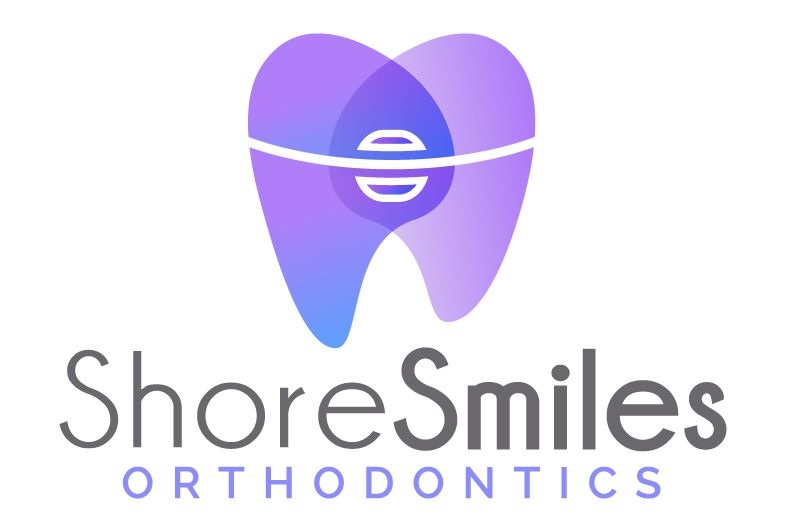Yes! Clear aligners are a great option for children between the ages of 7 and 11. Clear aligners help improve alignment and to gain room for permanent teeth to erupt.
If you feel that you are experiencing a minor emergency related to your orthodontic appliance, contact our office to find out when you can schedule an emergency visit. While you wait, we recommend temporary solutions to your emergency, such as placing wax on the end of a broken wire that is poking your gums or cheeks.
During your visit, we will repair or replace broken appliances. Keep in mind that broken appliances can prolong your orthodontic treatment, so speak with Dr Toro about how your emergency may affect your treatment.
Be sure to follow the instructions provided to you for caring for your orthodontic appliance. This may include avoiding hard or chewy foods like ice and caramel candies, and being sure to wear mouth guards to protect fixed appliances during high-impact activity. You should also avoid ‘playing’ with or picking at your appliances, as this can cause damage. And as always, you should continue to see your family dentist for routine cleanings and periodic check-ups throughout your course of orthodontic treatment.
If your child is at least 7 years old or you have any concern about their development, you should schedule an appointment as soon as possible. Dr Toro can take steps to correct a bad bite, fill in gaps, and straighten the teeth all before your child reaches the teen years.
Your child’s first orthodontic screening will include a visual examination as well as maxillofacial x-rays. Your child’s orthodontist may also ask you questions about your child’s habits, such as thumb and finger-sucking. Based on the results of this analysis, Dr Toro will discuss options and timeframes for treatment if applicable.
Yes. If your child is fitted for a fixed orthodontic appliance, such as braces, you will need to follow careful instructions to ensure the device is not damaged or broken. This includes monitoring your child’s diet to ensure it does not include hard foods, candies, popcorn kernels, or anything else that could cause damage. You’ll also need to ensure your child properly brushings and flosses around the appliance to protect the teeth from decay during treatment.
Only you and your dentist can determine whether braces are right for you. However, chances are you could benefit from treatment if your teeth are crooked, overlapping or protruding. Schedule an appointment with Dr Toro for more information.
You will have certain dietary restrictions with most types of metal or Lightforce braces. Some foods, such as hard, sticky and chewy foods, can have an adverse effect on braces and damage the brackets and wires. If you have clear aligners, there are no dietary restrictions, as the orthodontic trays are fully removable when eating.
When you have completed your treatment, you will have your braces removed and be given a retainer. The retainer must be worn at all times initially to help preserve the new placement of your teeth. As time progresses, you may be able to begin wearing your retainer only at night.
You may be a candidate for adult orthodontics if your teeth are crowded, overlapping, crooked, or have gaps between them. To find out more about your treatment options, schedule a consultation today.
During your orthodontic screening, you will undergo an examination and digital imaging to determine the position of your teeth and bite. Dr Toro will map out a treatment plan designed to give you the straightest teeth possible in the least amount of time. Depending on the type of appliance you choose – metal, Lightforce or clear aligners – you’ll be fitted for your appliance and given instructions on how frequently to return for follow-up appointments.
Yes. If you are wearing clear aligners, you’ll need to change out your trays every few days or weeks. You’ll also be instructed to wear your aligners at all times, with the exception of during meals and while brushing your teeth. If you have traditional metal or Lightforce braces, you may be given special instructions to avoid biting down on hard or chewy foods, such as popcorn kernels, ice and taffy.
If you have crooked or crowded teeth that are embarrassing to you or otherwise preventing you from achieving optimal oral health, clear aligners could be the solution for you. Schedule a complementary consultation with Dr Toro to explore the best treatment option for you!
You will wear your aligners nearly all of the time, with the exception of about two hours per day. Clear aligner treatments are different for everyone, but most patients can achieve their ideal smiles within one to two years. During that time, you can expect to make occasional dental visits to monitor your progress.
Following your treatment, you will no longer need to wear clear aligners. However, you will need to wear a retainer each day to help protect your new smile. It is also important to continue visiting your dentist for routine check-ups and twice-yearly cleaning.


